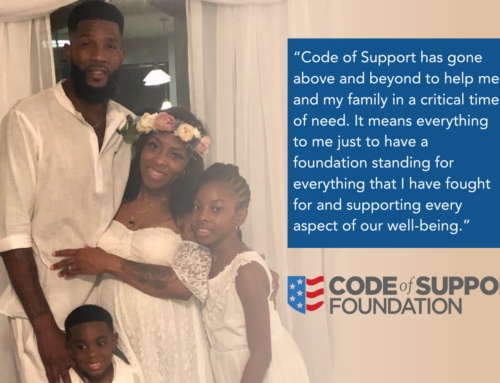Published on WeAreTheMighty.com on December 10, 2020: link.
By Kristina Kaufmann

Most Americans believe that service members always receive the care and benefits they deserve once they leave the military. It is true that the branches of the military and the Department of Veterans Affairs (VA) play an invaluable role in providing support for those who have served: offering healthcare, educational assistance, home loans and other services. But even if these federal agencies were working perfectly, they do not have the capacity (or mandate) to provide the kind of wrap around and holistic coordination of care these families require.
The need for help is too great for any one entity, even part of the federal government, to fulfill on its own. Nonprofit organizations have identified this challenge and have done their best to fill the gap. However, the sheer number of organizations operating today, along with their varying qualifications and processes, makes navigating those resources almost impossible, particularly for those in crisis. For a military or veteran family, finding the resources you need from a nonprofit with a trusted track record can be frustrating or ultimately fruitless. For a community that struggles with depression and suicide, hitting a dead-end in a seemingly endless search for help can be a death sentence.
It is imperative that we solve these persistent access issues and make good on our promises as a nation to those who have served our country. To do this, we must completely rethink how to meet these objectives. In service of that mission, part of the solution must be leveraging technology innovation to better reach and serve those who have served our country.
Recently, my organization, the Code of Support Foundation (COSF), partnered with Google on their “Serving Veterans” initiative to remove barriers between veteran families and the resources they have earned. Google is leveraging PATRIOTlink®, our network of vetted, cost-free resources that offers tailored, hyper-local queries to meet the needs of our veteran community. In addition, COSF supplements the PATRIOTlink platform with individualized support through trained case coordinators, to help veterans find support every step of the way.
This partnership is part of a larger “Tech for Good” movement, wherein many tech companies work to resolve ongoing access issues for veterans. Salesforce announced their Vetforce Alliance initiative last year to boost veteran hiring. Amazon now provides a variety of resources to soldiers transitioning to civilian life. Cisco and others have developed CyberVetsUSA, which provides free cybersecurity training and certification to veterans and military spouses. And just last year, the Consumer Technology Association made Code of Support its first nonprofit member. Partnerships like these are critical, as we leverage powerful, dynamic, but easy-to-use technology that goes beyond point solutions to point problems to encompass the full scope of resources and opportunities that veterans and their families need.
Beyond technology’s ability to help us achieve our mission, the participation of America’s leading tech companies in this mission helps shine a huge light on the reality facing many of those who have served. Since Google began leveraging its enormous platform to help direct more veterans to PATRIOTlink, we have responded to a more than 200% increase in demand for our services. Code of Support continues to see unprecedented levels of veterans experiencing food and housing insecurity, which will be compounded as the pandemic stretches into the winter months and well beyond the rent and eviction protections currently in place. Veterans have always struggled to access adequate mental healthcare – in this time of national quarantine, referrals from Code of Support to tele-health counseling have tripled. Technology solutions and the nonprofit-technology partnerships that drive innovation can and must serve as the blueprint for bringing real improvements in the lives of military families.
They stood for us, now it is time for us to stand with them.
Kristina Kaufmann is the CEO of the Code of Support Foundation, a nonprofit organization dedicated to changing the lives of military, veterans, caregivers, and their families by connecting them to the support they have earned through their service and sacrifice.
Related Posts
Categories
Tags
Recent Posts
- Andi Martinez, MHA to receive the 2024 Toast To Our Troops MG Alan B. Salisbury Salute to Service Award for Individual Impact
- The Honorable Carlos Del Toro to deliver remarks at TTOT24
- What We Do Wednesday: From struggling, to pursuing a fulfilling passion.
- Brianna Keilar to serve as tenth annual Toast To Our Troops emcee
- Mission Monday: Bri







